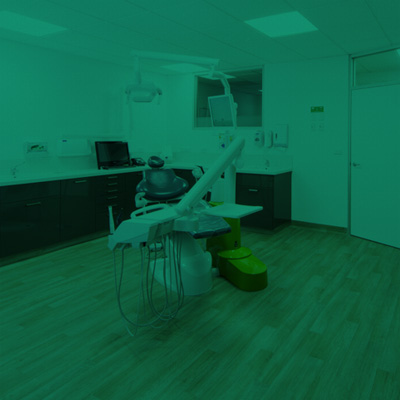Tooth Grinding / Bruxism
Other Services

Over 90% of people will grind their teeth subconsciously at some stage of their lives. Most times this occurs during sleep or times of stress so many sufferers are unaware of the problem and extent of tooth damage until their dental check up.
Tooth grinding (bruxism) can lead to a number of painful side effects such as cracks in teeth or fillings, excessive tooth wear, increased tooth sensitivity and disturbances in the jaw joints and muscles. Constant clenching can cause headaches, facial muscle soreness, neck and shoulder pain, all of which may be wrongly attributed to a back or muscle problem and not bruxism. Jaw misalignment can be either a symptom or a cause of bruxism.
While you sleep, the force at which the upper and lower jaws clench together can be up to six times greater than when you are awake, so much more damage to your teeth, gums and jaw alignment can result, including the loosening of fillings and breakage of other restorations.
At Knox Terrace Dental, we are able to provide various treatment options depending upon your personal needs. If simple rest or physiotherapy has not improved the situation, then a custom-made night guard, designed to absorb biting forces while you sleep is often an effective solution. This acrylic guard, similar in appearance to a sport mouthguard but much finer, prevents further damage to your tooth enamel, gums and soft tissue. It can also help reduce pain by resting the muscles that have been busy working the jaws overnight.
It is possible for symptoms of headaches that have plagued a sufferer for years to disappear overnight with the use of such a guard. Patients can learn to recognise the signs of bruxing and use their guard to limit it’s impact on their teeth and jaw muscles.
In many cases teeth can have been damaged by grinding and may require treatment to restore natural health and function. After completing a thorough examination to evaluate what tooth damage has occurred, your Knox Terrace Dental dentist can advise if you require any restorative treatment and develop a detailed treatment plan.




